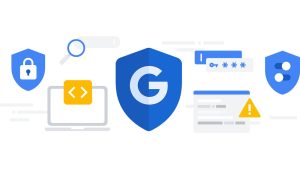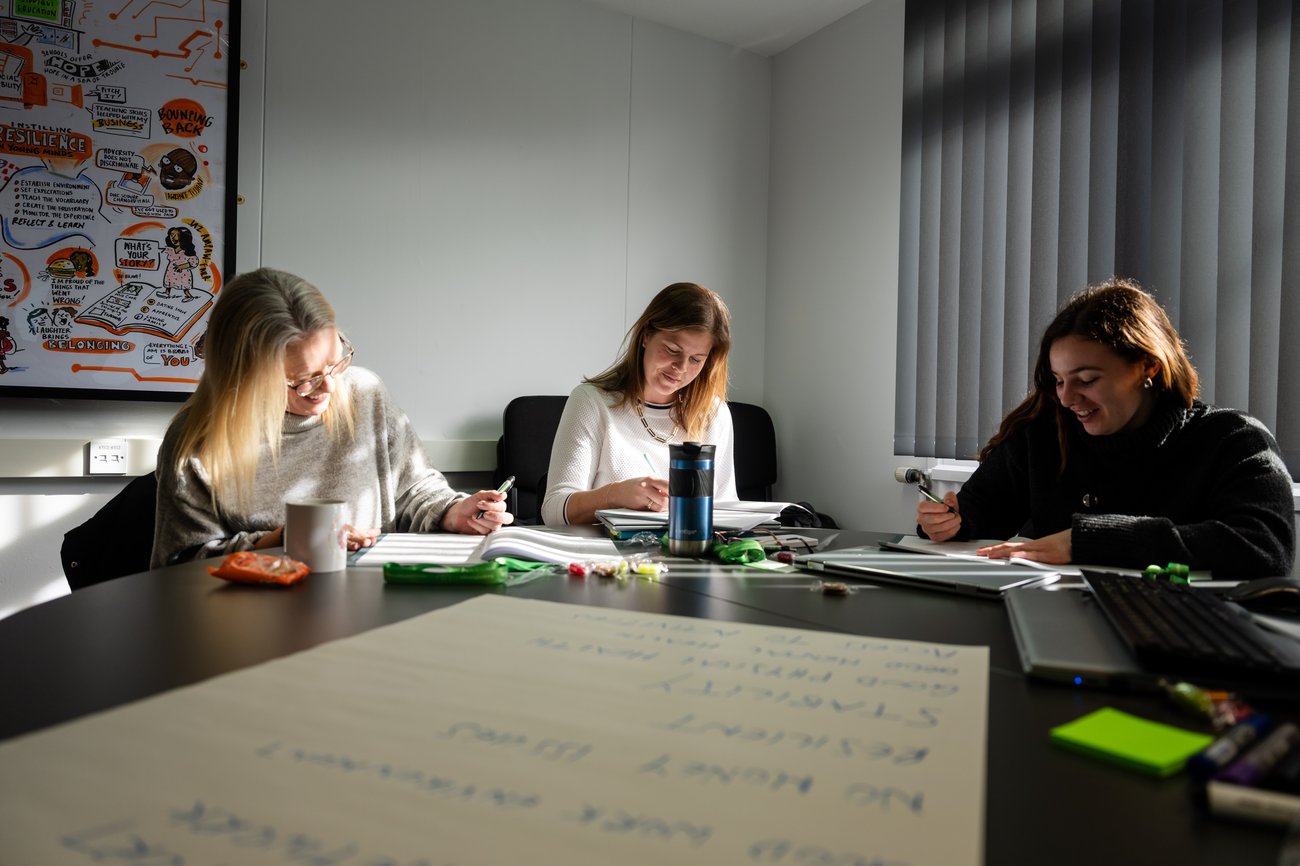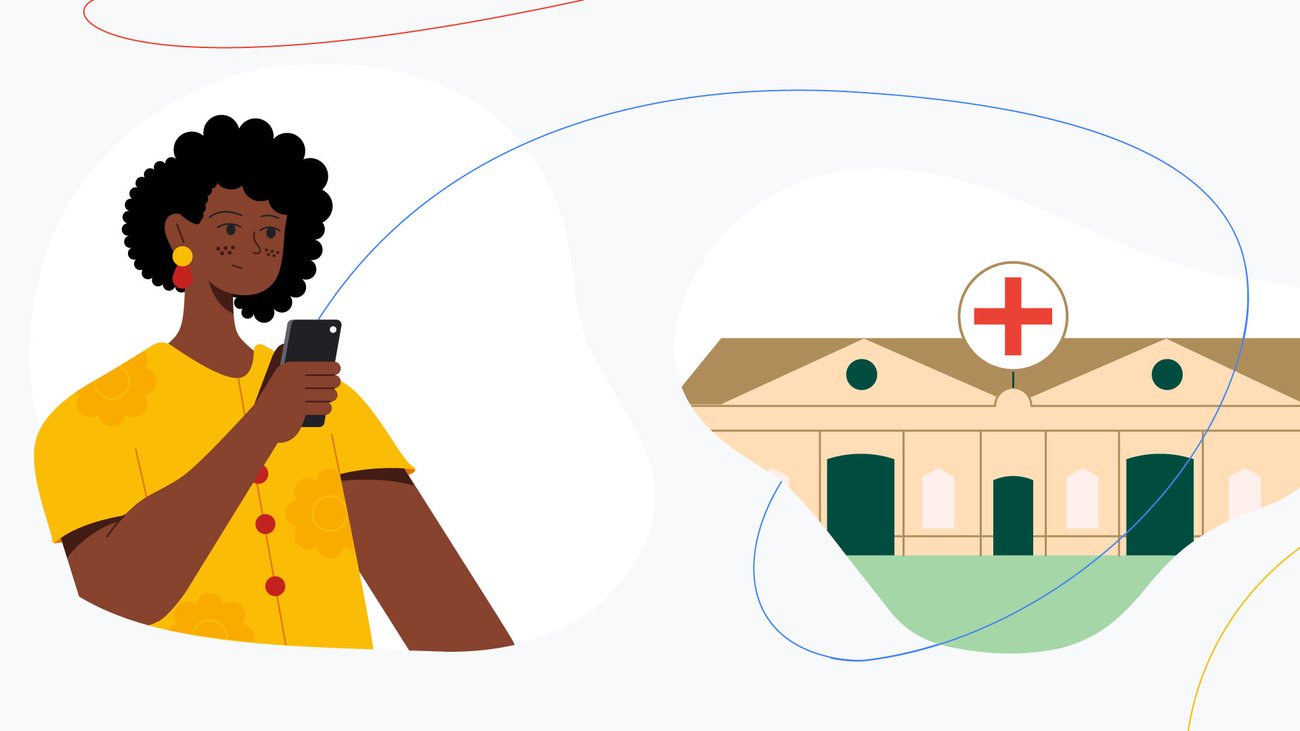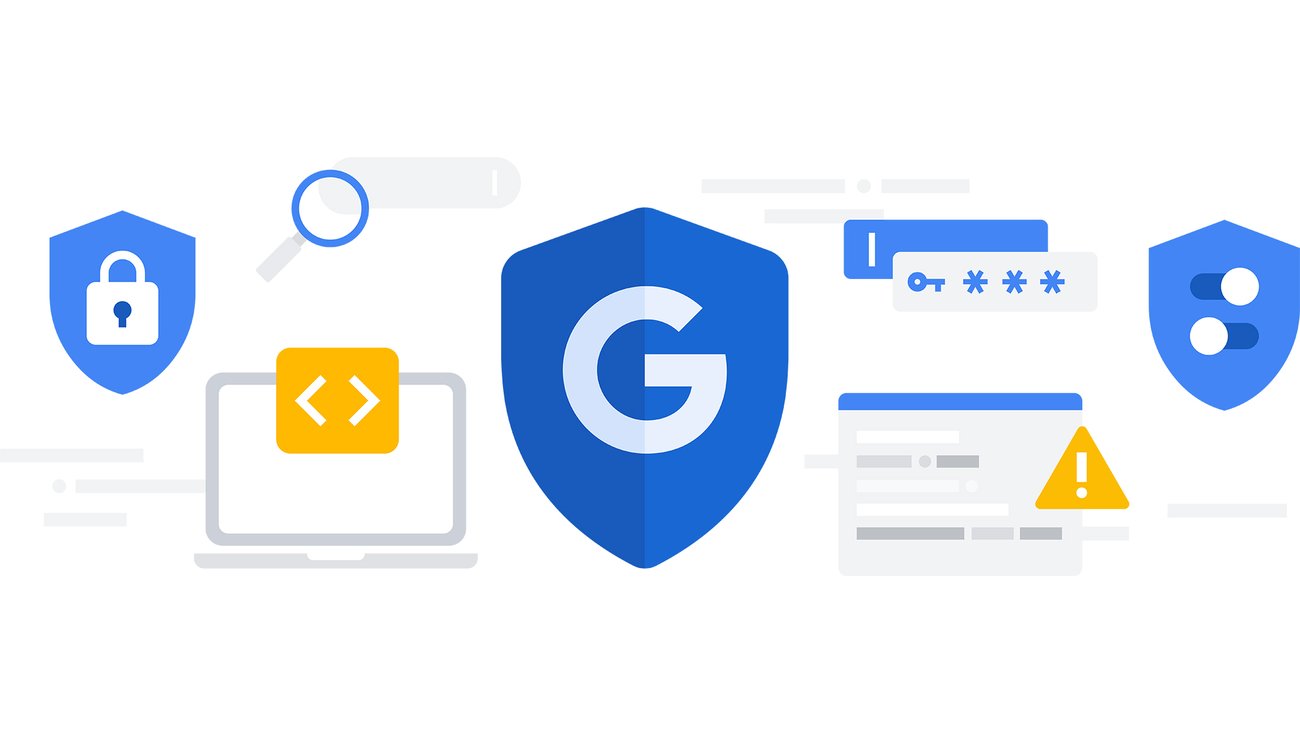[ad_1]
This week, we will join governments, civil society and businesses at the White House’s Summit for Democracy. Technology has been an incredible enabler of democracy worldwide. Google products like Search, YouTube and Android help billions of people around the world access information, connect, and express themselves. Whether it’s helping people find important election information, giving citizens and journalists platforms to hold power to account, helping small businesses reach far-away markets or enabling everyone to safely access the open internet, our technologies are supporting key democratic principles of free expression, human rights, accountable governance and economic opportunity.
At the same time, democracy is under pressure. Authoritarian governments and malicious actors are increasingly abusing technology to censor speech, launch cyberattacks and surveil citizens. Democracies, too, are increasingly going their own way and adopting regulations that risk fragmenting the internet and making it less secure, less open and less safe.
Defending and sustaining democracy requires collective action from governments, civil society and businesses. We were pleased to see more than 60 countries come together at the inaugural Democracy Summit to sign the Declaration for the Future of the Internet and commit to protecting a free, open and secure global internet. All signatories must double-down on this pledge and stem the growing tide of protectionism and fragmentation that risks weakening core democratic ideals.
To build on our ongoing work, we are announcing new commitments to help support more resilient democracies:
- Protecting human rights: Google.org is launching a $2 million fund to support human rights defenders who play a critical role in promoting democracy. This new fund will support digital security and safety helplines, which provide help to human rights defenders and those vulnerable to doxxing, harassment, account hacking and more.
- Providing access to authoritative information: To help people globally to evaluate information and understand where it’s coming from, we’re launching a new information literacy feature in Search called “About this Author.” It will be available in English globally and will provide people with more information about the author or creator of an article or blog. We are also enhancing our suite of information literacy tools by making our About this result feature available in all languages where Search operates globally. In addition, Jigsaw is launching new prebunking campaigns on several platforms in Europe and APAC to help strengthen users’ resilience to disinformation.
- Protecting digital security: We recently announced we’re providing 100,000 Titan Security Keys at no cost to individuals who are at higher risk of cyber attacks such as journalists, human rights defenders and others. We will also continue to provide strong security to those who need it most with our Advanced Protection Program (APP), Project Shield, and through our Online Safety and Security Partnerships with Defending Digital Campaigns and the International Foundation of Electoral Systems.
- Preventing misuse of technology: The rise of commercial vendors selling sophisticated tools to authoritarian governments presents a significant threat to high risk users and the broader online ecosystem. Google has played a leading role disrupting these threats and raising public awareness. Yesterday, we joined other private sector companies in endorsing new industry principles aimed at combating commercial hacking, stopping the spread of digital surveillance and helping victims of cyberattacks. Jigsaw has also committed to convening ecosystem stakeholders in the next 6 months to discuss the role that technology and policy can play in thwarting digital authoritarianism.
Technology has an important role to play in supporting democracy. We’re particularly excited about the power of emerging technologies like AI to tackle big societal challenges, and we’ve long worked to build AI responsibly, in line with our AI principles and key parts of the OSTP AI Bill of Rights. But to get it right, all of us – governments, civil society, businesses and citizens – must work together to protect a free, open and secure internet while resisting efforts to fragment it.
[ad_2]
Source link







